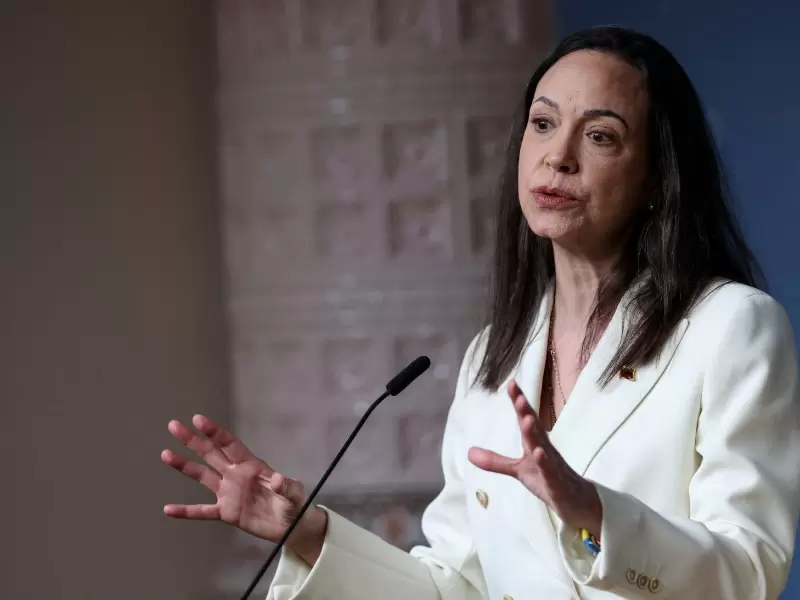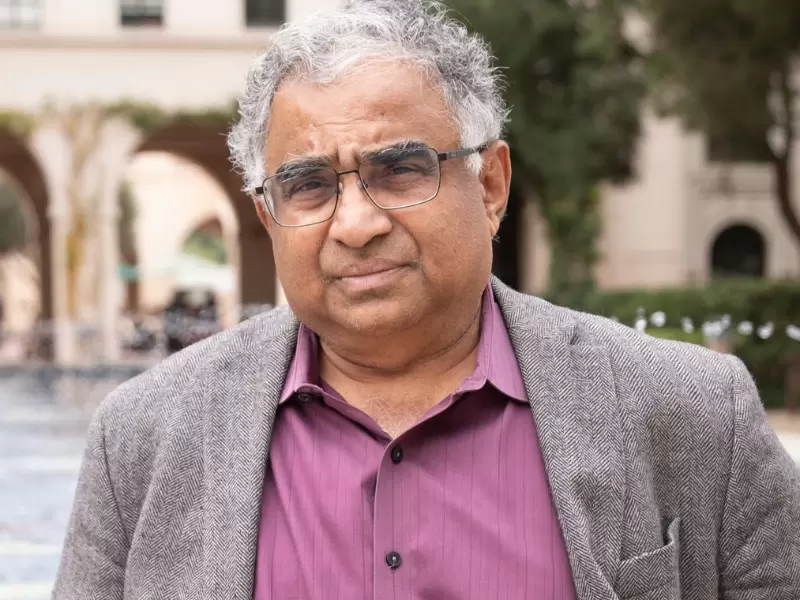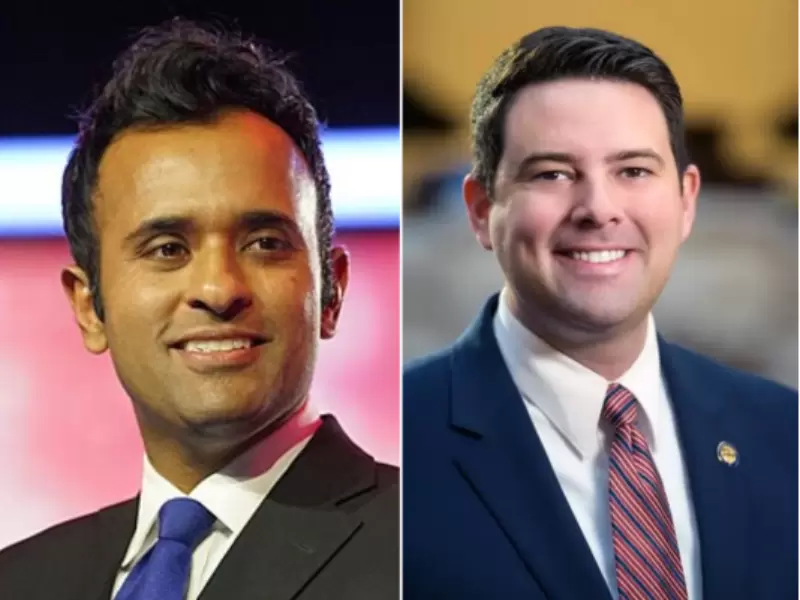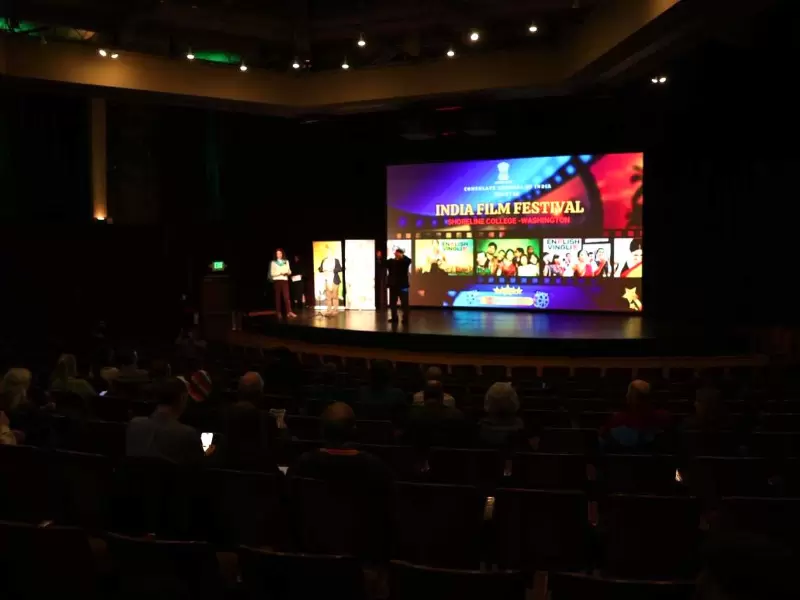Trump targets Brazil on trade; India seen as beneficiary
The investigation also accuses Brazilian courts of issuing secret orders against U.S. digital firms, including social media platforms, to censor political content.
.jpg) U.S. President Donald Trump walks before signing the / REUTERS/Nathan Howard
U.S. President Donald Trump walks before signing the / REUTERS/Nathan Howard
In a significant escalation of trade scrutiny, President Donald Trump has directed the Office of the United States Trade Representative (USTR) to initiate a sweeping Section 301 investigation into Brazil’s trade practices—accusing the South American nation of unfairly favoring trading partners like India and Mexico while disadvantaging U.S. businesses.
The investigation, launched on July 15, targets Brazil’s preferential tariffs, digital trade restrictions, ethanol barriers, intellectual property enforcement lapses, weak anti-corruption measures, and illegal deforestation that impacts U.S. agriculture and environmental interests.
“At President Trump’s direction, I am launching a Section 301 investigation into Brazil’s attacks on American social media companies as well as other unfair trading practices that harm American companies, workers, farmers, and technology innovators,” said U.S. Trade Representative Ambassador Greer. “Brazil’s tariff and non-tariff barriers merit a thorough investigation and, potentially, responsive action,” she added.
ALSO READ: Trump says BRICS would end quickly if they ever form in a meaningful way
The probe will examine a wide range of Brazilian policies, including:
Preferential tariffs extended to countries like India and Mexico;
Retaliatory censorship and legal threats against American tech companies;
Weak enforcement of anti-corruption and intellectual property protections;
Ethanol tariffs disadvantaging U.S. producers; and
Rampant illegal deforestation impacting U.S. agriculture and timber trade.
USTR documents reveal that in 2023 alone, Brazil imported nearly $1 billion worth of goods from India at preferential tariff rates—between 10 to 100 percent lower than those applied to U.S. goods. India, a leading producer of chemicals and industrial machinery, is among the biggest beneficiaries of Brazil’s partial-scope trade arrangements.
While U.S. vehicles and chemicals are subjected to Most Favored Nation (MFN) tariffs of up to 35 percent, Mexican auto exports and Indian chemical goods often enter Brazil at little to no tariff—a disparity the Trump administration argues unfairly distorts competition.
The investigation also accuses Brazilian courts of issuing secret orders against U.S. digital firms, including social media platforms, to censor political content—even content posted from U.S. soil—and levying fines and arrest threats when companies refuse.
Moreover, Brazil’s reintroduction of steep ethanol tariffs—after previously agreeing to duty-free access—has reduced U.S. ethanol exports from $761 million in 2018 to just $53 million in 2024.
Environmental violations are also at the heart of the probe. The USTR alleges that Brazil’s failure to curb illegal deforestation gives its agricultural sector an unfair cost advantage in global markets. This includes the export of illegally sourced timber to the United States, in violation of U.S. environmental laws.
The Section 301 investigation allows the U.S. to determine whether Brazil’s practices are “unreasonable or discriminatory” and whether they burden or restrict U.S. commerce. The USTR has requested consultations with Brazil and scheduled a public hearing on September 3, 2025, at the U.S. International Trade Commission.
Interested stakeholders must submit written comments or requests to testify by Aug. 18, 2025.
If the investigation confirms the charges, the Trump administration could impose tariffs or other trade restrictions on Brazil—potentially triggering shifts in trade flows that could also affect Indian exporters currently enjoying preferential access to the Brazilian market.
ADVERTISEMENT
ADVERTISEMENT
E Paper
Video




 Lalit K Jha (IANS)
Lalit K Jha (IANS)












Comments
Start the conversation
Become a member of New India Abroad to start commenting.
Sign Up Now
Already have an account? Login